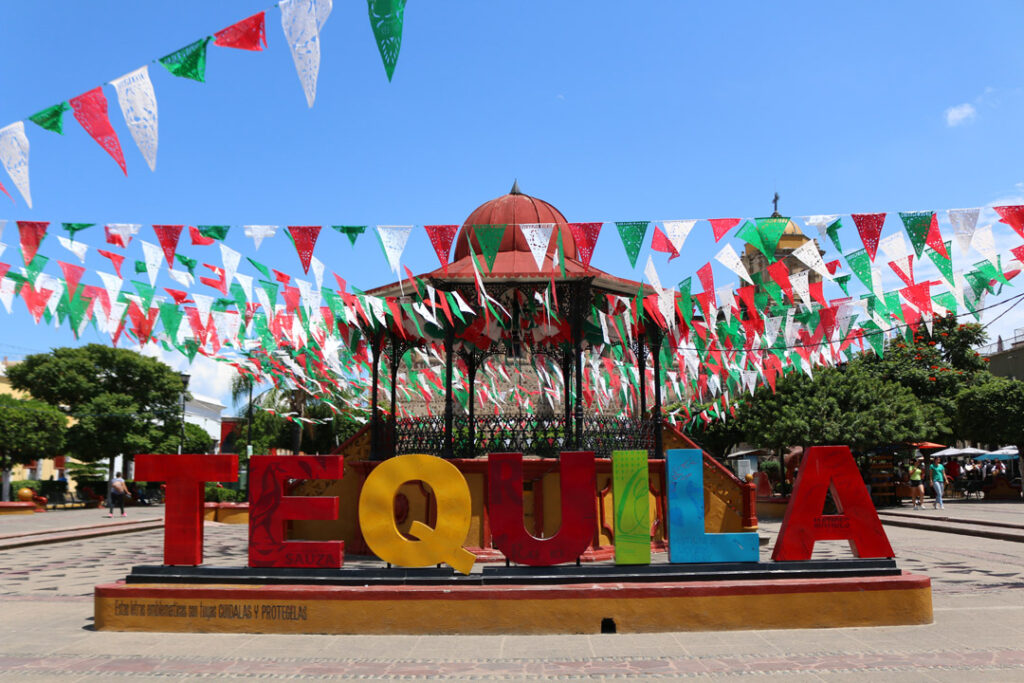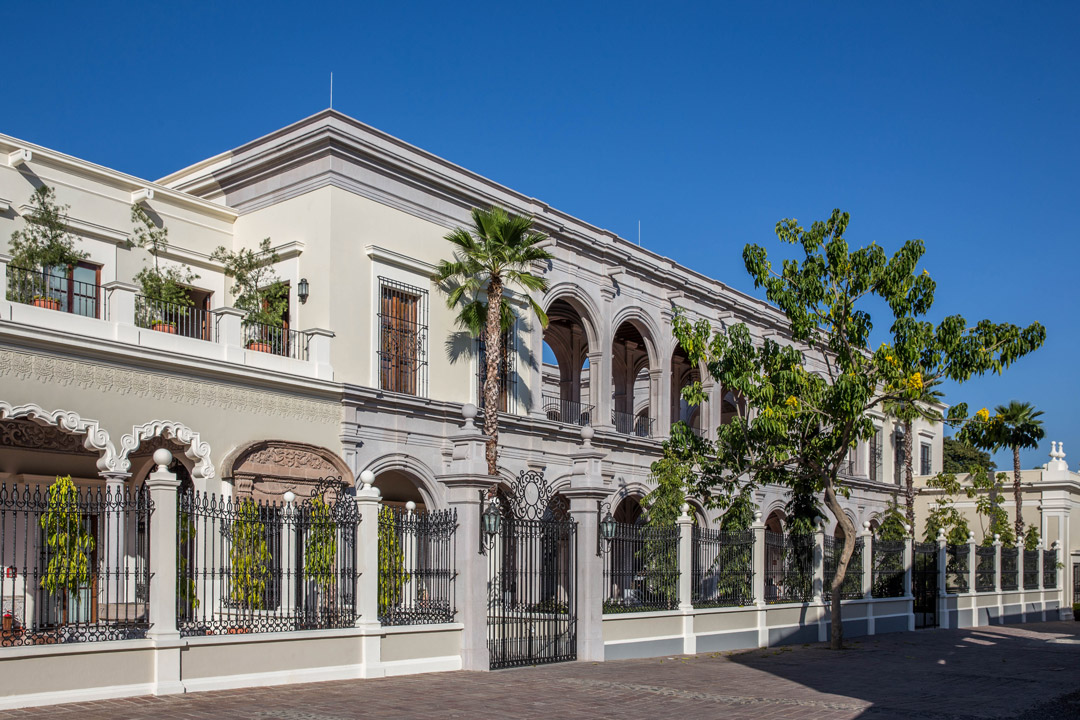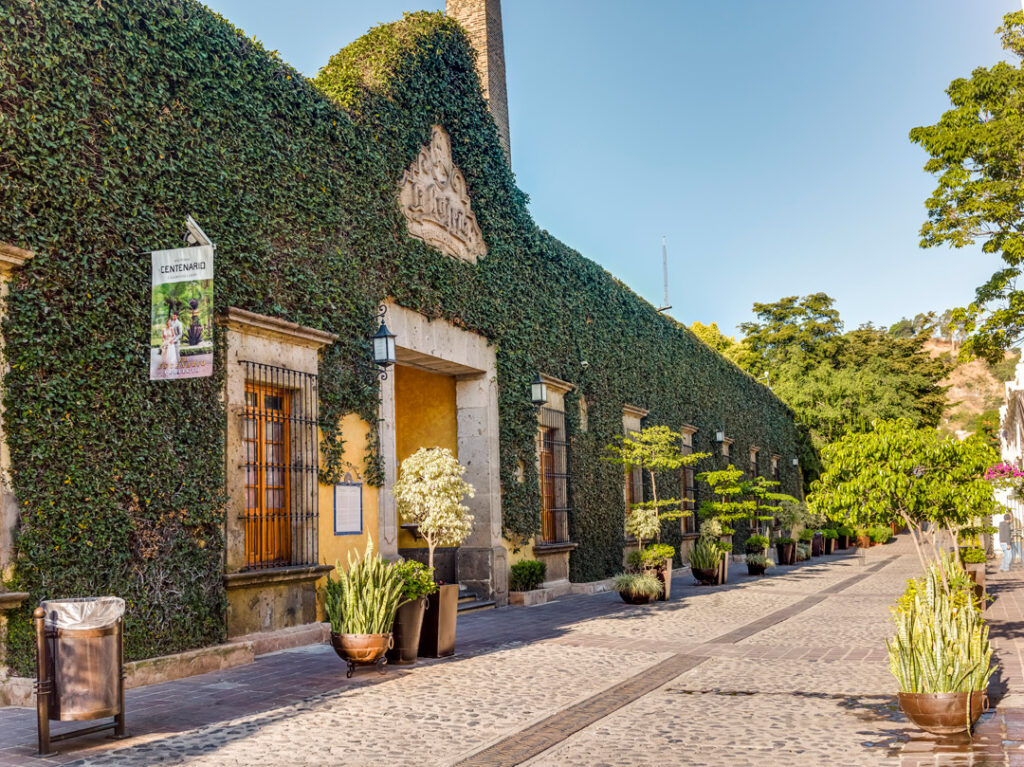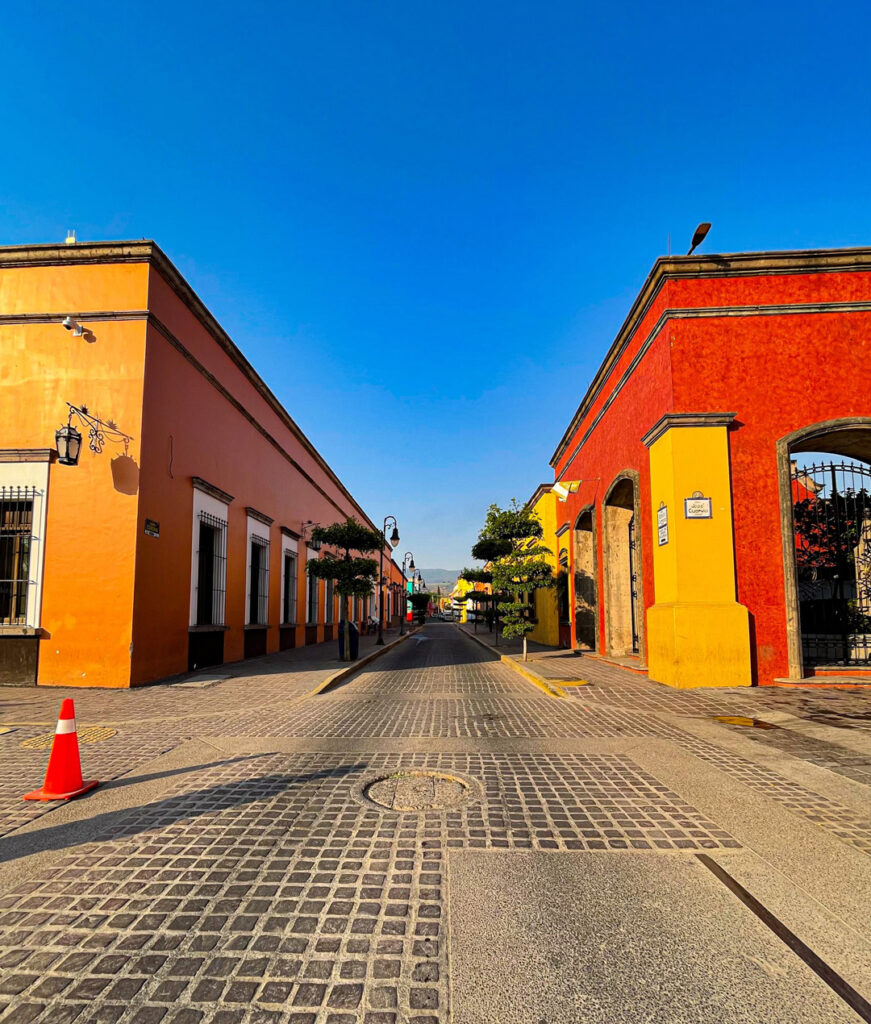- (374) 742 07 00
- (374) 7426729
- info@mundocuervo.com
- L- V: 10:00 - 18:00



Tequila enchants visitors with its fascinating culture, natural beauty, and entertainment. Today, there are over 20 tequila distilleries and natural sites in the area.
Due to its symbolic attributes, legends, history, significant events, and unique customs, Tequila, Jalisco, was named a Magical Town in 2003 as part of the program’s requirements.
The Blessing: Every day at nine o’clock in the evening, the priest from the temple offers a blessing. Three bells will ring, and from the first bell, people stand and face the temple. At the third bell, the priest gives the blessing.
The Lord of the Helpless: Before the rainy season begins, it is customary to take the Señor de los Rayos (Lord of the Lightning) out on a procession around the edges of the town, asking for rain without storms so that their crops will be abundant.
Los Cantaritos: In June, on the day of “los cantaritos”, it is customary to go out into the fields to play with cantaritos (small clay pots) shaped like little balls filled with pebbles, like rattles. The cantaritos break as part of the game.
